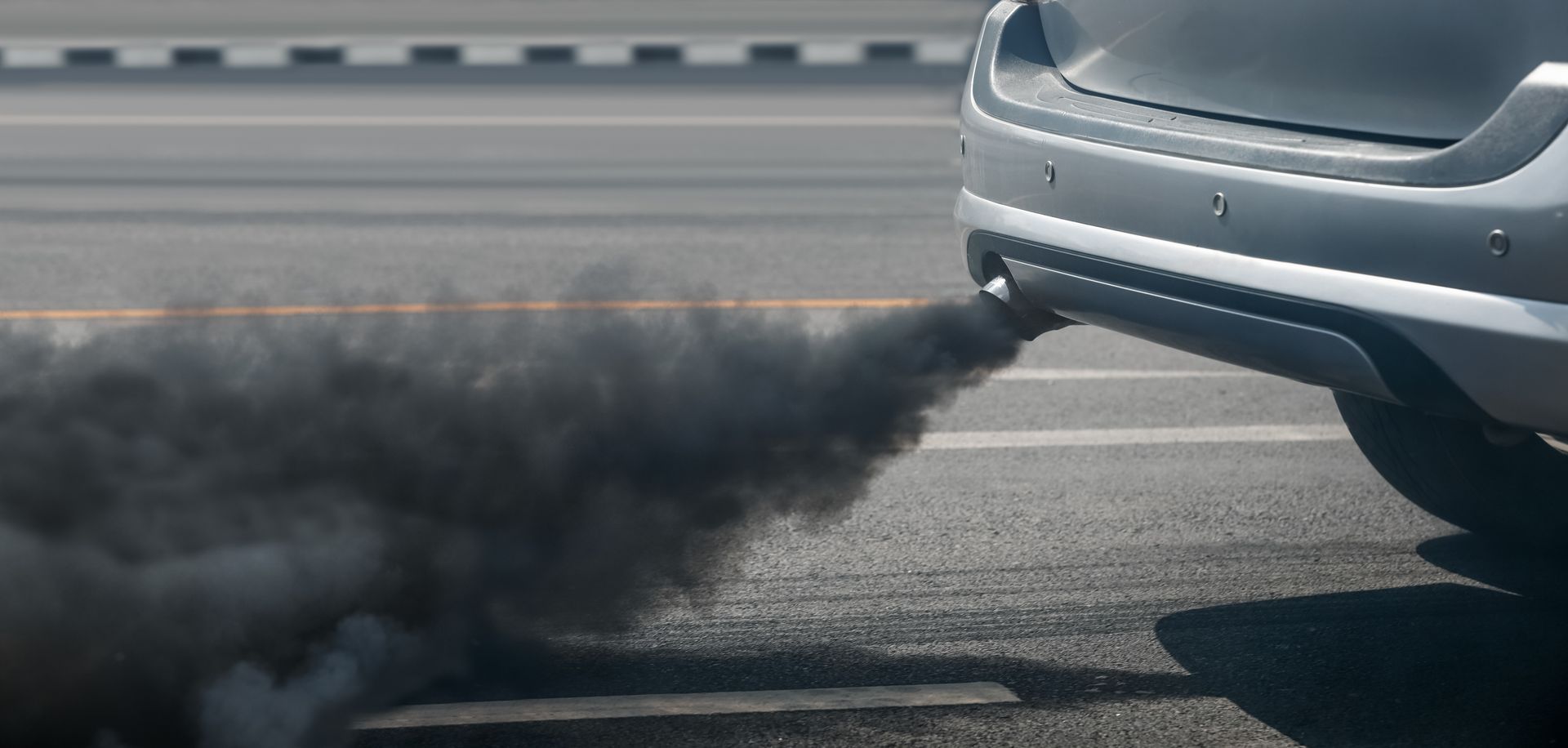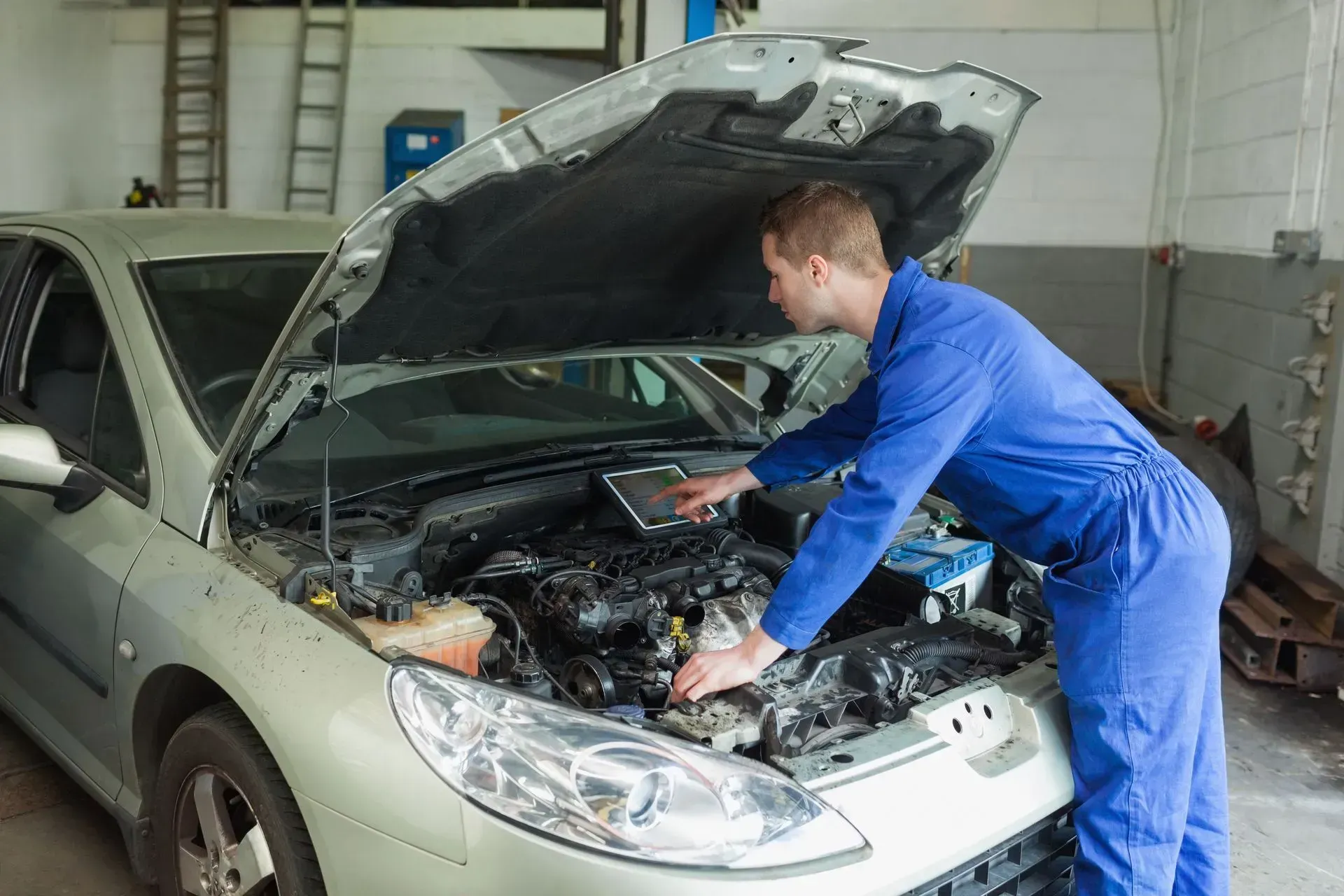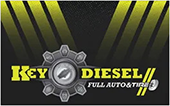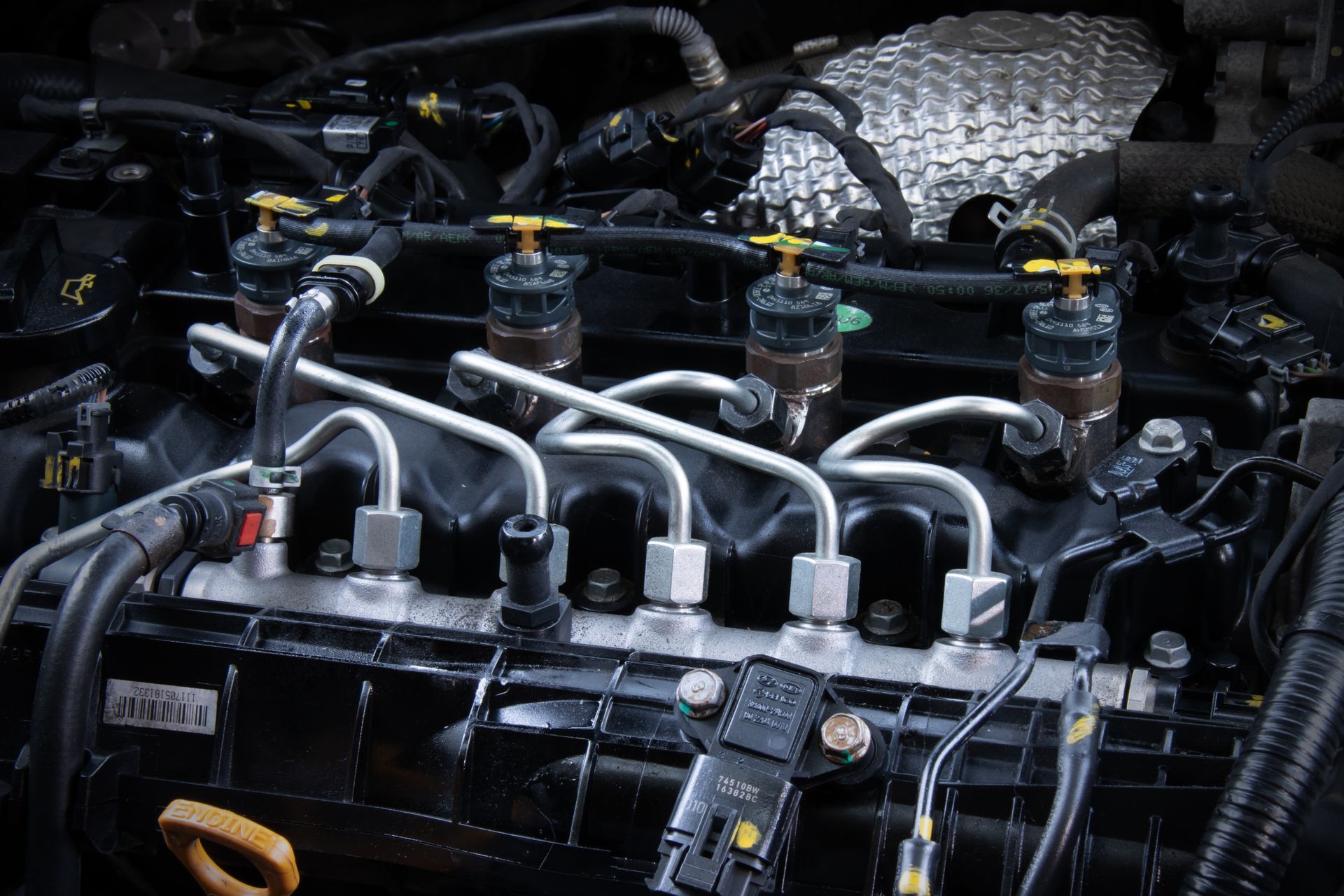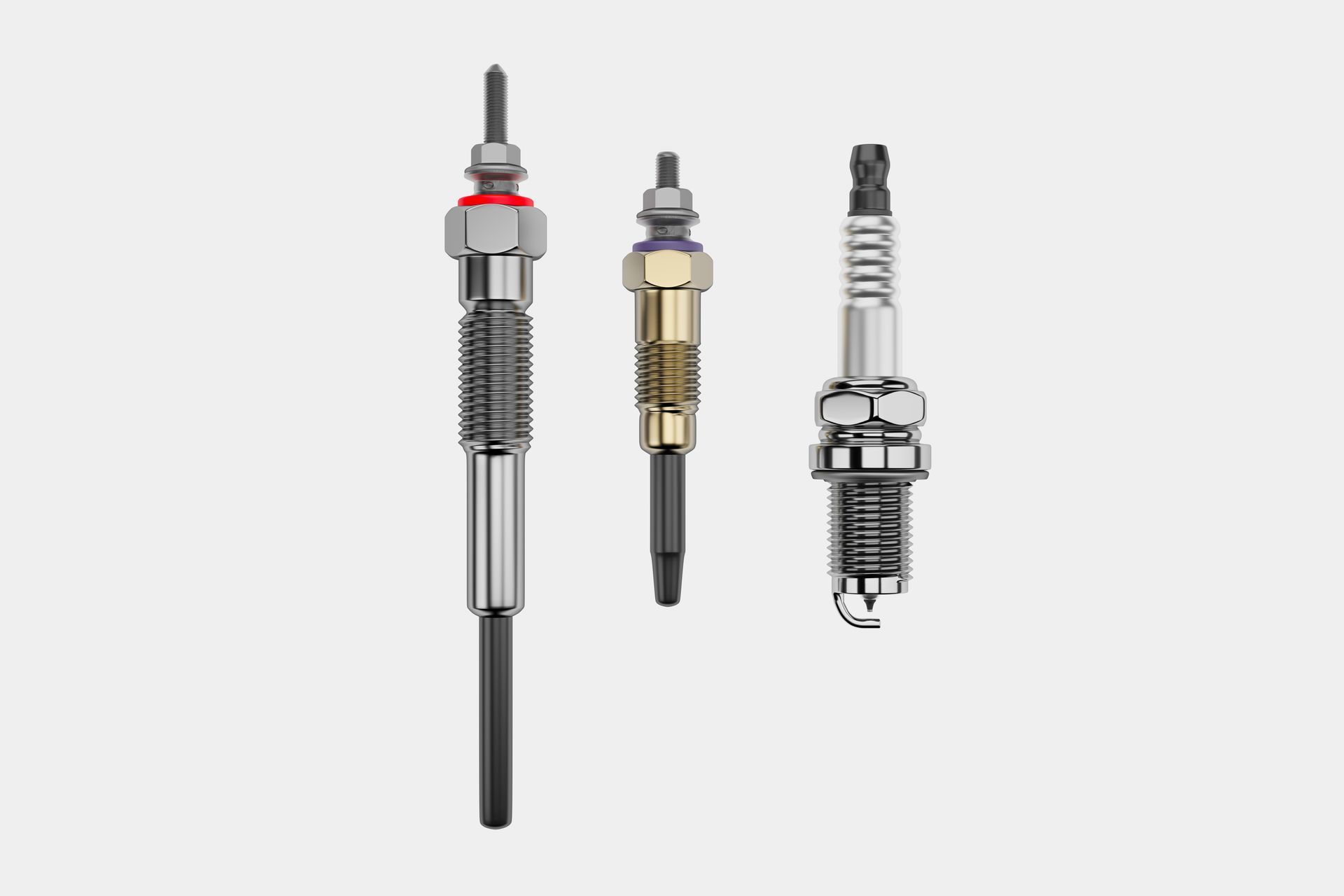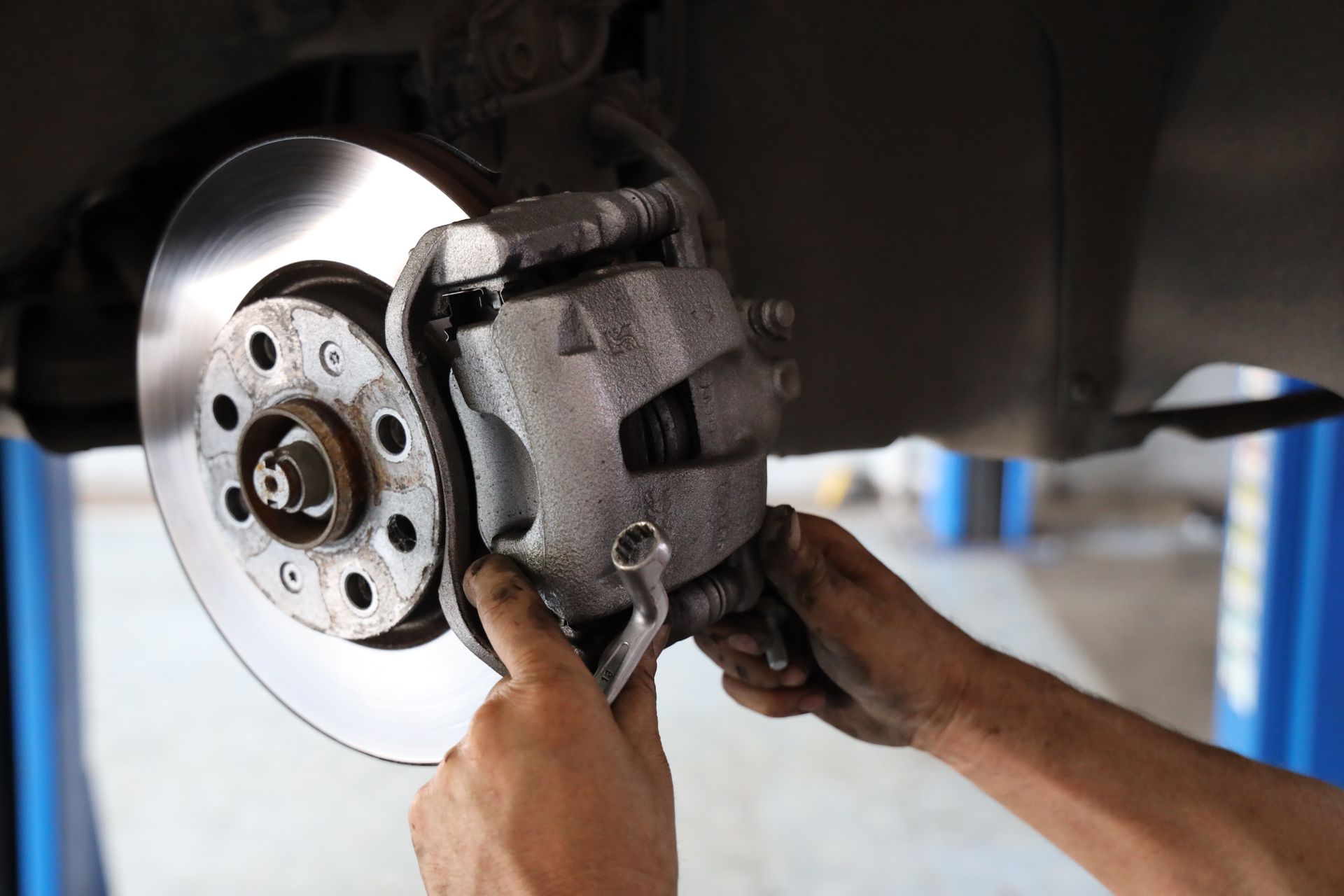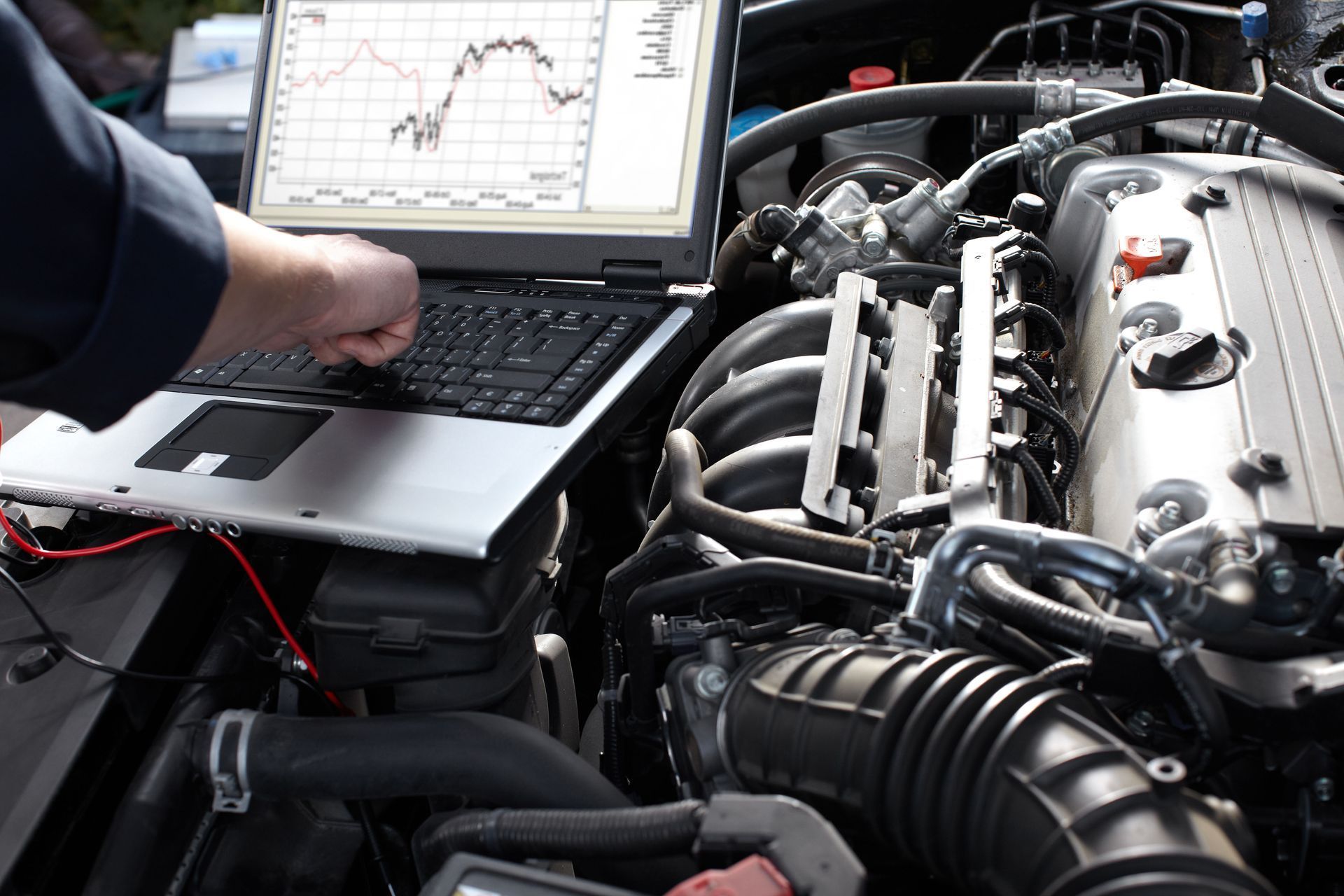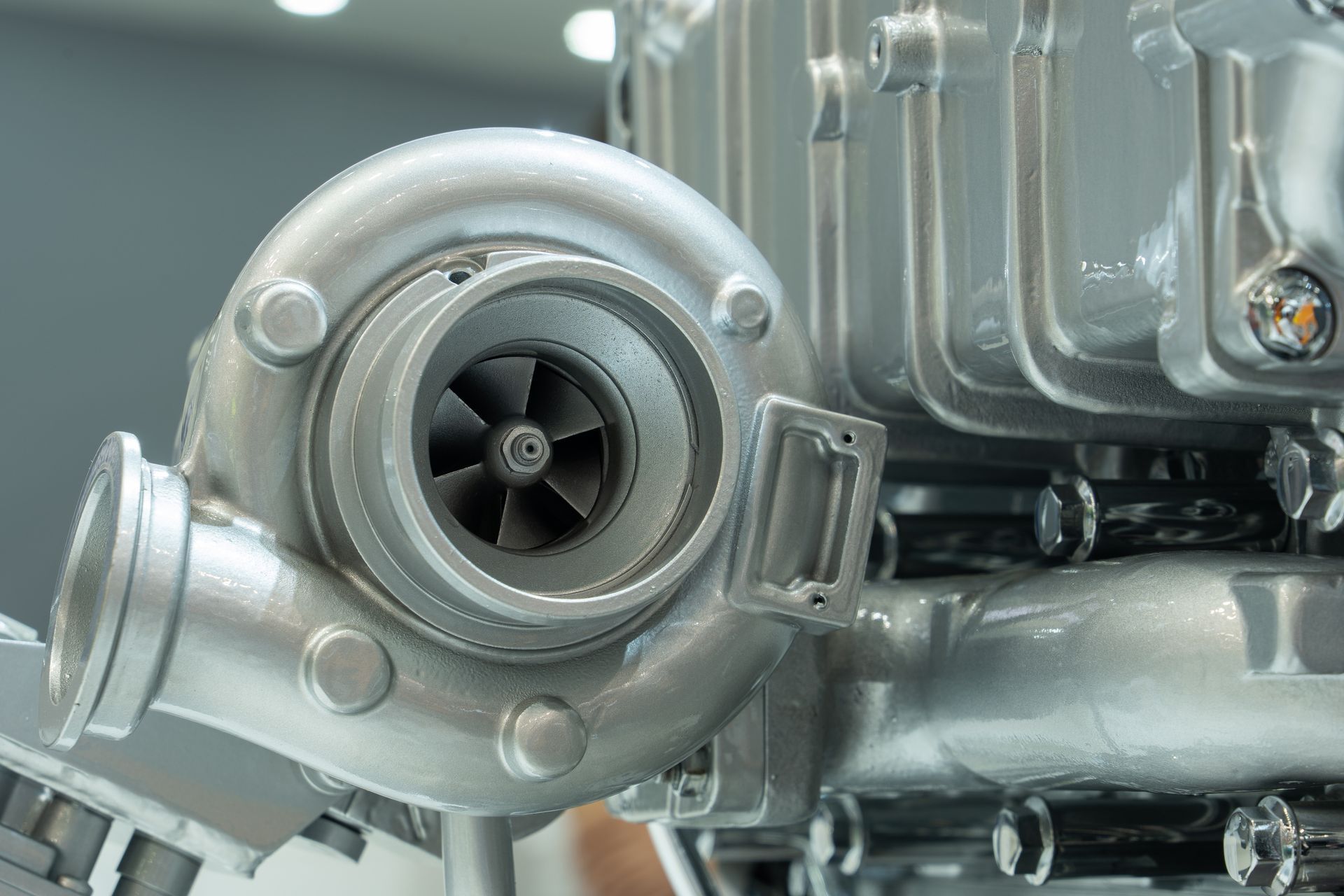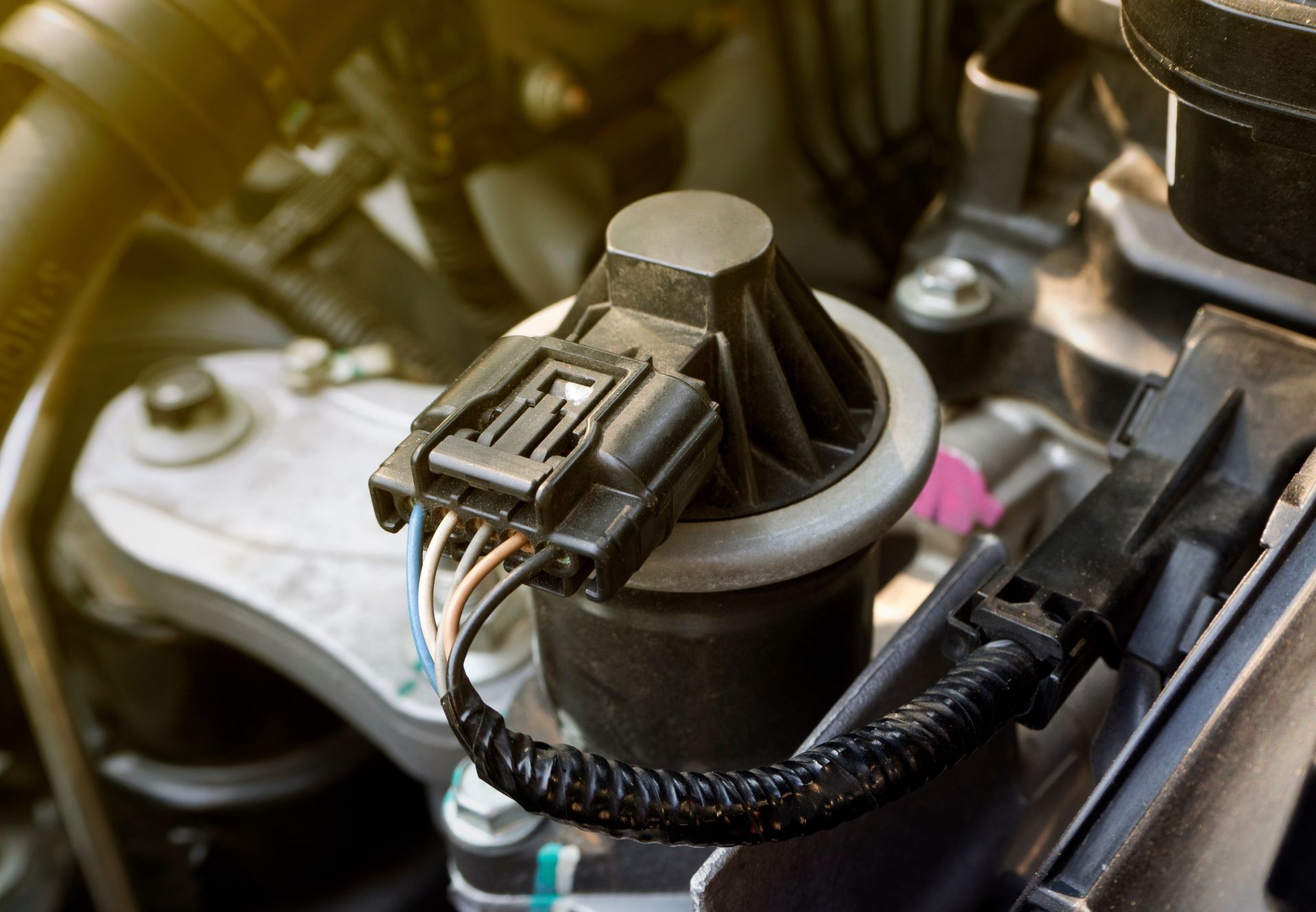Diesel engines are known for their power, durability, and ability to handle heavy loads. Many truck owners choose them because they can last hundreds of thousands of miles when cared for properly. However, diesel engines operate under higher compression and stress than gas engines, which means maintenance isn’t optional. Sticking to a routine helps prevent breakdowns, maintains high fuel efficiency, and protects your investment for the long term.
1. Change Engine Oil on Schedule
Clean oil is essential for reducing friction and cooling vital engine parts. Diesel engines produce more soot and contaminants than gasoline engines, so the oil becomes dirtier more quickly. Waiting too long between oil changes can lead to sludge buildup, higher wear, and lower performance. Always follow your manufacturer’s recommended oil interval, and consider shorter intervals if you drive in tough conditions like towing or stop-and-go traffic.
2. Replace Fuel Filters Regularly
Fuel filters play a critical role in protecting your injectors from dirt, water, and other impurities. Because diesel fuel is more prone to contamination than gasoline, most diesel engines have two fuel filters. Replacing them on time ensures your engine gets clean, uninterrupted fuel flow, which prevents injector damage and keeps performance steady.
3. Monitor and Flush the Cooling System
Diesel engines run hotter than gas engines, which makes the cooling system even more important. Old coolant can lose its protective properties, allowing corrosion and scale to build up inside the radiator and engine passages. Regularly checking coolant levels and flushing the system at the proper interval helps prevent overheating and costly engine damage.
4. Keep an Eye on the Air Filter
Diesel engines require a large amount of air to run efficiently. A clogged air filter restricts airflow, leading to poor fuel economy and sluggish performance. If you drive in dusty or off-road conditions, the air filter may need replacement more often. Checking it during routine service is a quick way to prevent unnecessary strain on the engine.
5. Watch Glow Plugs and Block Heaters in Cold Weather
Starting a diesel in freezing temperatures can be challenging. Glow plugs heat the combustion chamber, while block heaters keep the engine warm when parked. Faulty glow plugs or a failing block heater can make cold starts difficult, leading to excess strain on the battery and starter. Having them inspected before winter arrives ensures reliable starts when temperatures drop.
6. Inspect Belts and Hoses for Wear
Belts and hoses may not seem as critical as injectors or turbos, but a snapped belt or cracked hose can leave you stranded. Diesel engines create a lot of vibration and heat, which accelerates wear. Regular inspections help identify small problems before they develop into major breakdowns on the road.
7. Protect the Turbocharger
Many diesel engines are turbocharged to deliver extra power. Turbos rely on clean oil and proper cooling to function. Allowing your engine to idle briefly after heavy driving gives the turbo time to cool down, which prevents premature wear. Regular oil changes and inspections also protect the turbo’s bearings from damage.
8. Maintain the Exhaust Aftertreatment System
Modern diesel vehicles use exhaust aftertreatment systems, such as diesel particulate filters (DPF) and selective catalytic reduction (SCR), to reduce emissions. Neglecting these components can lead to clogs, poor fuel economy, and even costly repairs. Using the right low-sulfur fuel and following regeneration procedures keeps the system healthy.
9. Pay Attention to Warning Lights and Codes
Diesel engines rely heavily on sensors and computer systems to manage performance. If you see a check engine light or a specific warning light, don’t ignore it. A diagnostic scan can quickly identify whether the issue is minor or something that could damage your engine if left unaddressed.
10. Stick to Professional Inspections
Even if you’re diligent with oil changes and filters, a professional diesel mechanic can catch issues you might miss. From injector balance tests to compression checks, specialized tools ensure your engine stays in peak condition. Regular inspections give you peace of mind and help extend the life of your diesel.
Diesel Engine Longevity Starts at Key Diesel and Auto Service
To ensure your diesel truck lasts for years of reliable driving, regular maintenance is crucial. At Key Diesel and Auto Service in Williamston, MI, our technicians specialize in diesel care, from oil and filter changes to full diagnostics and repairs.
Whether you rely on your truck for work, towing, or daily driving, we’ll help keep it running strong for the long haul.
